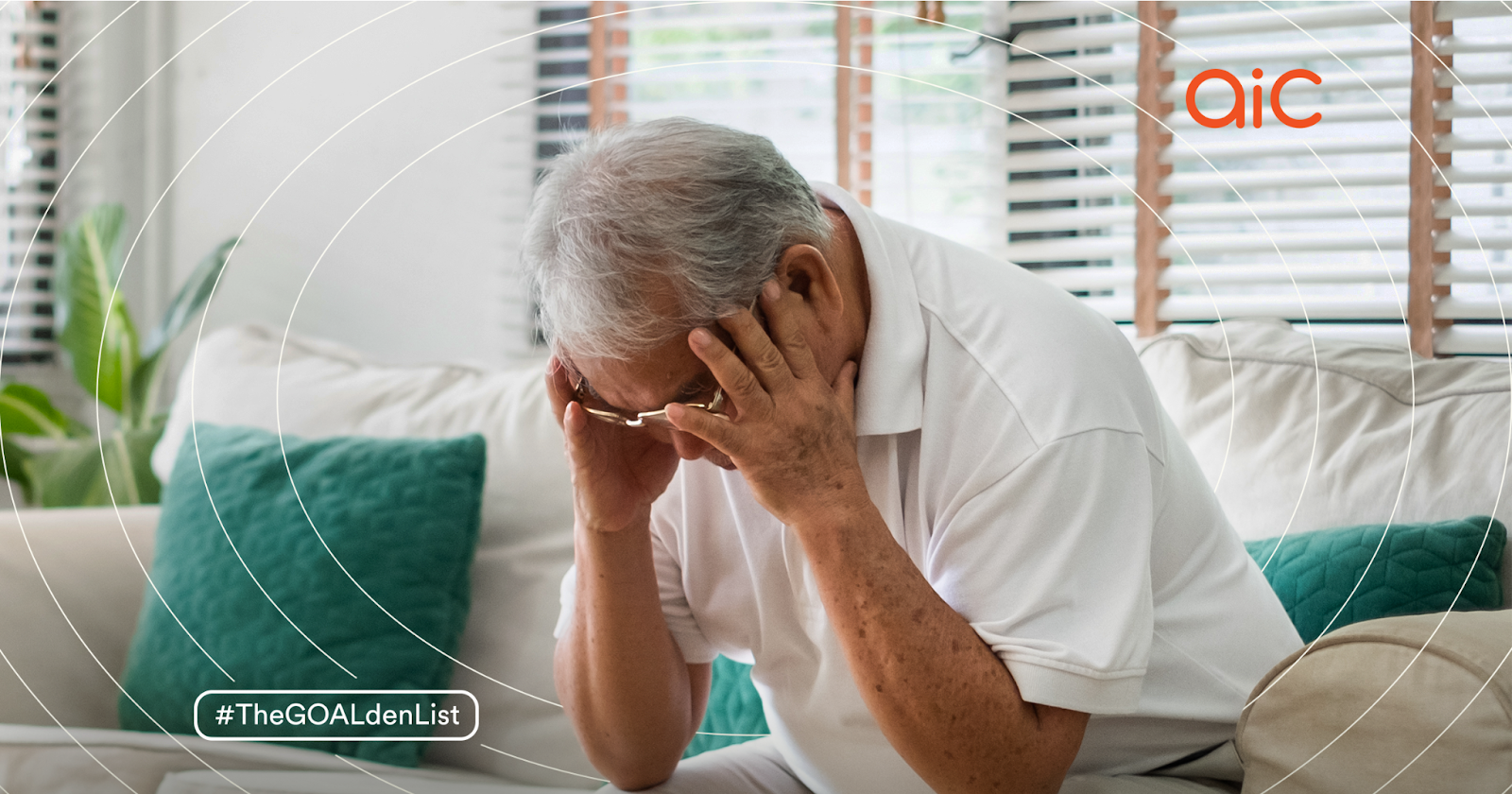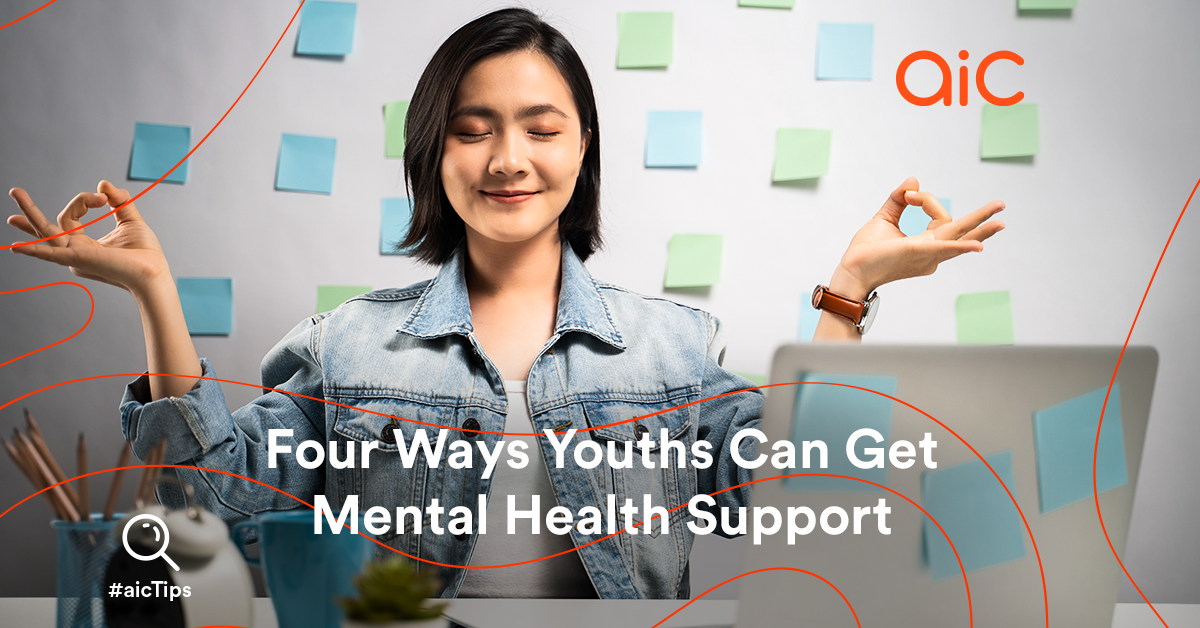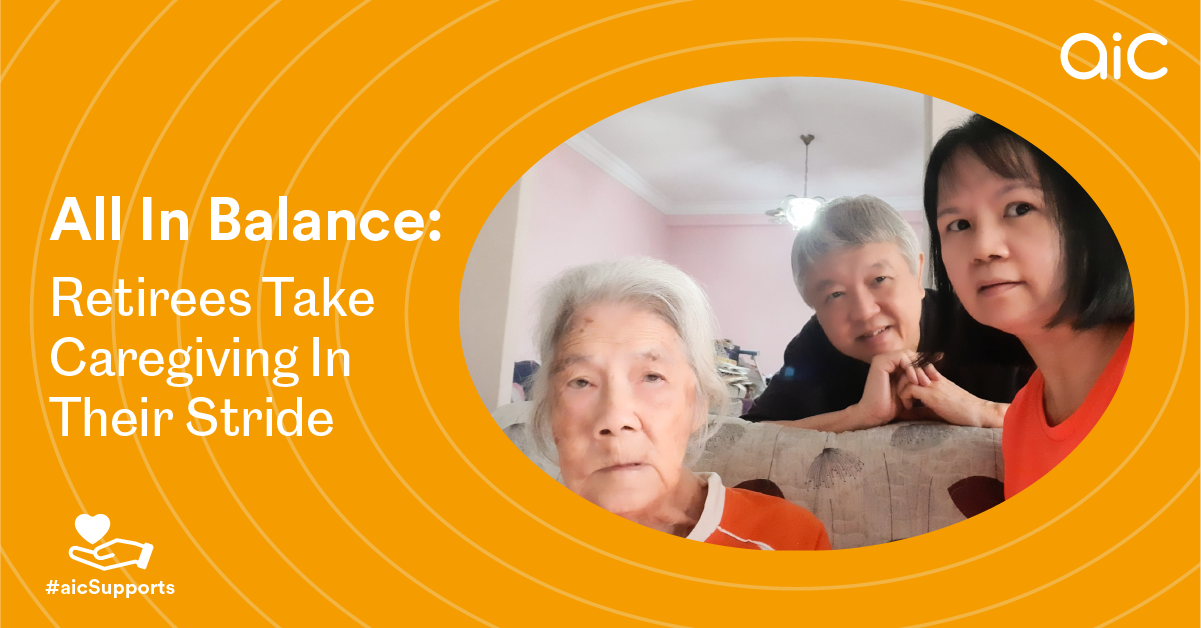The fast pace of daily living means that inevitably, we all have to deal with stressful situations — from work deadlines, to family conflicts, financial obligations… even just commuting during rush hour can cause stress levels to spike and lead to anxiety and irritability!
Factors such as our personality type, the level of support we get from friends and family, and even genetics also play a part in how we cope with stress.
However, even with these factors at play, there are ways to lower the stress levels we experience daily. Here are some tried and tested stress-busters!

Move more.
Exercise, in other words — it doesn’t even have to be strenuous. Just moving about and engaging in physical activity releases endorphins that help reduce stress levels and improve your mood. Even more important, regular exercise can reduce anxiety, which are common symptoms of stress.
Chill out: Next time you’re feeling stressed, try going for a walk around the block. If you’ve been sedentary for a while, take it easy and go for short regular walks or gentle bike rides. Added bonus: Going for a walk allows you to commune with nature, which also lowers stress.

Eat right.
Stress can lead to a vicious cycle of stress- or overeating — we overeat because we’re stressed, which then affects our mood, which will make us overeat even more. What’s more, reaching for highly processed food when you’re upset may lower the amount of nutrients essential for keeping stress and mood swings in check, such as magnesium or B vitamins.
Chill out: Be mindful of what you eat — add more vegetables, fruits, beans, fish and other nutrient-rich food to your diet so your body can fight off stress more efficiently. Better yet, if cooking gets you in a good mood, spend time making meals on the regular.

Get enough sleep.
Easier said than done, especially if you’re anxious. When you’re thinking about the next day’s ever-expanding to-do list or the problems that need solving, you end up staring at the ceiling way past your bedtime. However, sleep is the best way to relieve stress, because it allows your brain and body to recharge.
Chill out: If you’re having difficulty sleeping, it may be time to change up your sleep routine. Try having a warm shower, turning off your gadgets 30 minutes before bed, and listening to soothing music. The idea is to be relaxed so you fall asleep more easily.

Practise self-care.
We all need some “me time” every once in a while. Making time for yourself is especially crucial for those who have stressful jobs like medical personnel.
Chill out: Self-care means doing things that contribute to your well-being and happiness. So this can be anything that you enjoy doing — be it reading or getting a massage, lighting scented candles, aromatherapy, among others. Self-care also means minimising screen time. While they’re great at distracting us, prolonged scrolling through your social media feed can actually contribute to more stress.

Reach out to people.
This may seem counterintuitive, but hear us out: When you’re irritable or anxious, your first instinct may be to close in and forget the outside world. The opposite may be more beneficial. If you’re stressed, all the more reason to make connections — reach out to family and friends or join a group with similar interests as you. Being with other people relieves stress because they distract you from your worries, give you emotional support and make you realise we’re all in this boat called life together.
Chill out: Consider volunteering — it will allow you to help yourself while helping others.










